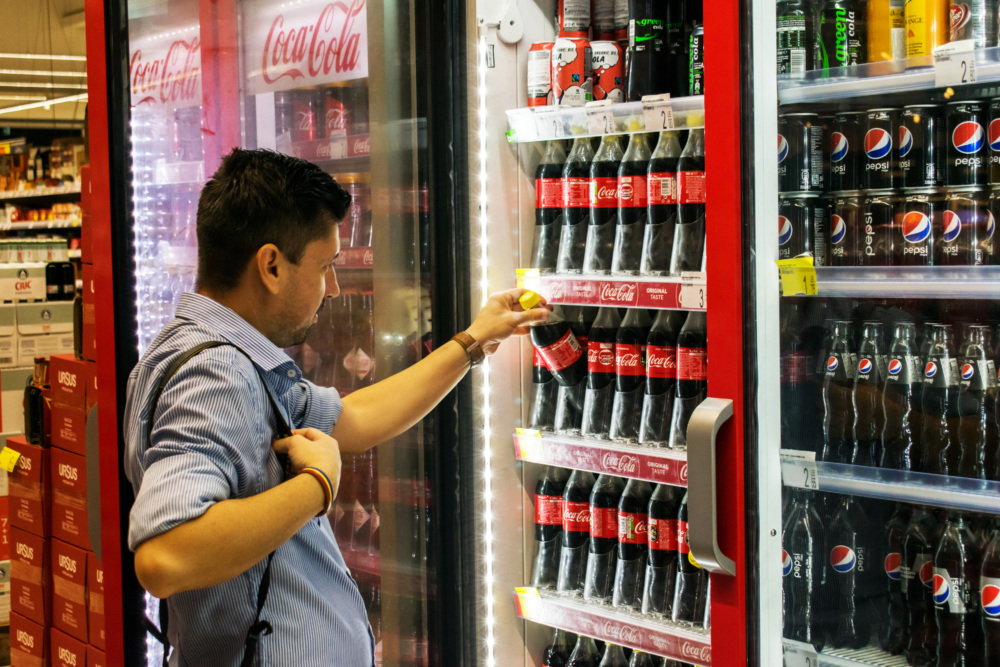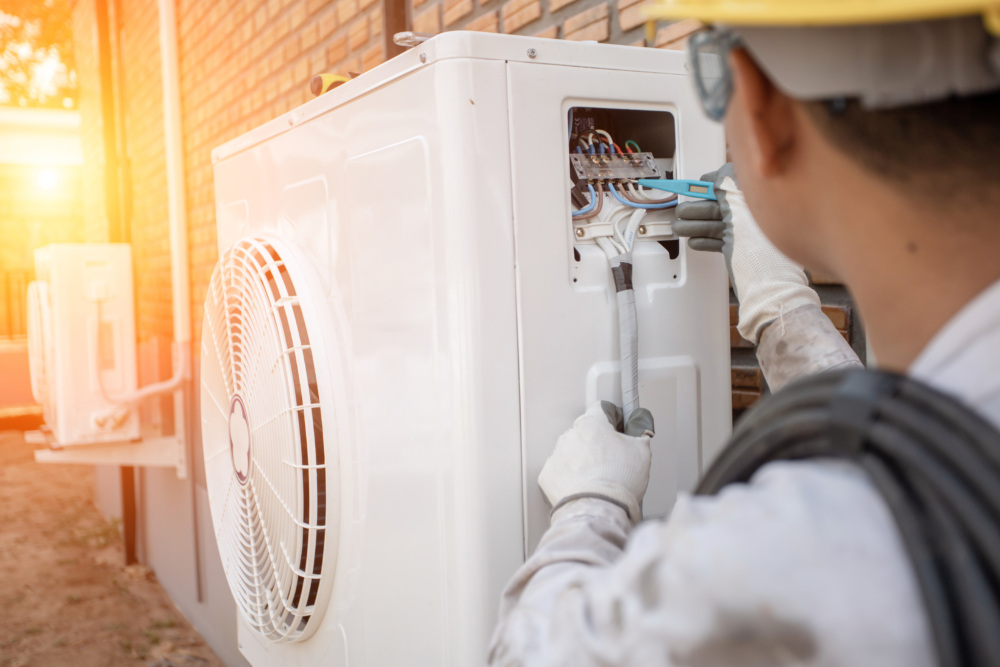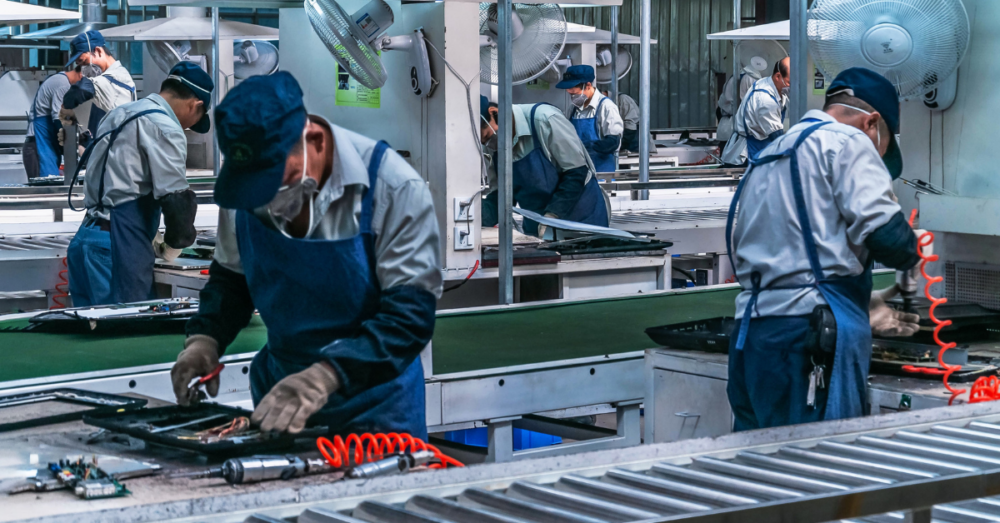Celebrating World Standards Day 2020
World Standards Day 2020 is themed “Protecting the Planet with Standards.” In celebration of World Standards Day, CLASP is highlighting several best-in-class, new and innovative standards for energy-consuming appliances and equipment around the world.
World Standards Day 2020 is themed “Protecting the Planet with Standards.”
In celebration of World Standards Day, CLASP is highlighting several best-in-class, new and innovative standards for energy-consuming appliances and equipment around the world.

Best AC MEPS in China: In China, policymakers introduced a new standard for air conditioners (AC) that will increase the efficiency of new units by 15%. The policy establishes a world-leading standard that, according to the Kigali Cooling Efficiency Program, is expected to “eliminate around 99.8% of fixed-frequency room AC units and 53.9% of variable-frequency room AC units from the market.” The new standard will help China achieve its recently-announced goal of becoming carbon-neutral by 2060.
Internationally Recognized Standards for Off-grid Solar Products: The International Electrotechnical Commission (IEC) recently published quality standards for off-grid products in response to the maturation of the product market and requests from national governments. The standards, adopted from Lighting Global Quality Standards, set baseline requirements for quality, durability, advertising accuracy, and evaluation methods. Policymakers in Nigeria, citing the growing need for energy in urban and rural areas, adopted the standards nationally—indicating that adoption across other sub-Saharan countries may be likely.
EU Standards Factor in Sustainability: In 2019, the European Commission adopted a sweeping package of regulations that incorporate circular economy principles with energy performance requirements. The Commission adopted the 10 policies under the Ecodesign Directive—which places sustainability requirements on all products sold or produced in the European Union—and will avoid 331 MT CO2
cumulatively by 2030. CLASP supported the development of nine of these policies, which will save each European household an average €150 (USD 165) per year on their energy bills.
Brazil Announces Global Best Practice: Brazilian policymakers announced a revised AC labeling policy in June that will increase in stringency by more than 100% over the next five years. The regulation adopts a technology-neutral seasonal metric, following global best practice as seen in the European Union, China, India, Vietnam and other major economies. The policy will reduce cumulative CO2
emissions by 21.5 MT through 2030.
The Impact of Appliance Energy Efficiency Standards
As climate interventions feature prominently in COVID-19 relief plans, energy performance standards pose an especially beneficial opportunity for economic recovery. Energy efficiency policies can reduce the cost of electricity generation for governments, households, and businesses. According to the International Energy Agency, if the best available technology for appliances and equipment was adopted worldwide, households alone could save USD 201 billion in avoided fuel costs on fuels in 2040. Reduced energy usage subsequently drives a range of environmental and health benefits, including reduced emissions, improved air quality, and noise levels.
Stay up to date with the latest energy efficiency policies or explore those already in effect through our Policy Database.









